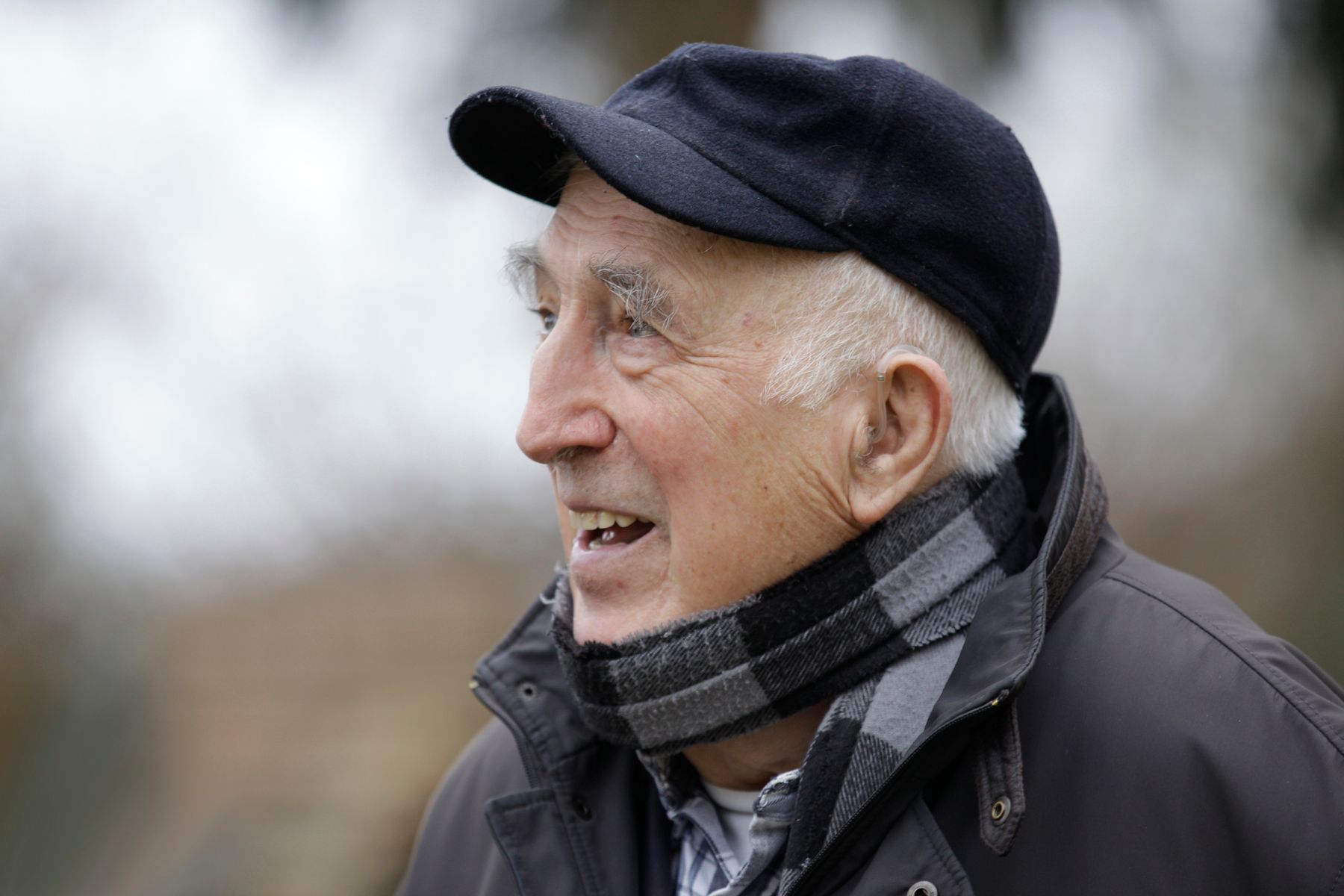Becoming Human
Becoming human is more than an individual desire. It is a collective aspiration. How can we become more human?

With the death of Jean Vanier, there is a desire that has risen in my mind to honour his legacy by continuing his work in a way that extends his joy and his ethos into a movement that helps us to heal our sense of loneliness and our desire to be loved, to help us find belonging by including people in community and finding freedom through forgiveness.
I recently came across a book about spiritual disciplines that is specific to the practices and teachings of a particular religion, Christianity. My desire was to participate in the process of individual change and the strengthening of community, but the intellectual and emotional baggage of past experiences with this faith community gave me some reasons to pause and wonder whether there was an even more inclusive approach that we could take by modifying the language of the book to be more universal, finding common points of reference in the experience of being human.
I am inspired by the work of Krista Tippett to create civil conversations and to build a community around discussions about being human. Her podcast, On Being, is the realization of a dream that I had long ago when I discovered the writings of Studs Terkel, an oral historian who wrote books about the Great Depression, about working, and about the social, political, and economic divisions in American society.
After a half century of living, I have come to the conclusion that the best that I can do is express a particular point of view, which is the one thing that is unique about myself. As a human being, that is the value that I bring to the world: a singular and unique perspective.
I know there are some people who do not value my perspective. There are others who do. I cannot please everyone, so I don’t intend to try, although that has often been my intention in the past.
With this book, I want to express my desire for becoming human and to offer that intention as a possibility for others in the cultures in which I find myself. The cultures that we have created have a way of shaping us in ways that we are not conscious of. These days, it is getting harder not to be more aware of the systems that we have built on values, traditions, and actions that have been less than ideal. That, of course, is an understatement of the horrors that humans have subjected other humans to, in the quest for power, wealth, and glory.
Becoming human is more than an individual desire. It is a collective aspiration. How can we become more human? My hope is that we could build a community of people whose goal is to understand the value of resilience in a world fraught with conflicts, dangers, and threats of pain, violence, and death.
I wonder if there is a possibility of slowing down the human race to more of a human stroll through the garden in which we find ourselves so that we might linger long enough to enjoy smelling the roses. In doing so, maybe we will have the chance to be able to consider what it is that we are striving so hard to achieve?
It seems that we have reached an age where we recognize that the work of our hands is causing a crisis that may lead to the demise of our species while directly causing the extinction of a myriad other species of life on this fragile planet. That, in itself, is reason enough for me to pause and consider my impact on the world. I would urge all of us to do the same.
Alas, the human race seems determined to reach the finish line, even if it is a cliff of our own making, as lemmings to the sea (of urban legend). Perhaps there is another reason for our existence other than this perverse and final destination of finishing the race, of finally ending our existential crisis with non-existence.
I have a sense that the design process is a model for building resilience and for human flourishing, when considered as a means for discovering ways of living in harmony with the Earth’s ecosystem — the complex, interconnected relationships we have with the natural world.
When I speak of a builders collective, I am referring to people who are engaged in the design process, exploring how we imagine, design, and build the future together.
We are building leaders to design a resilient society.